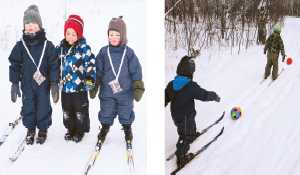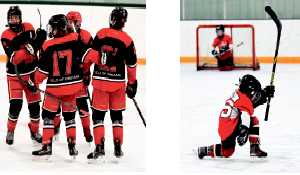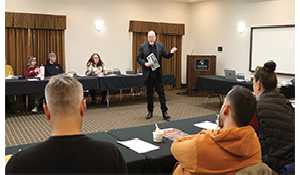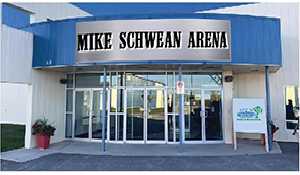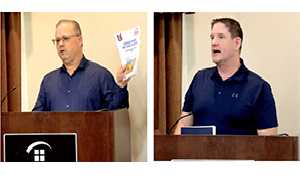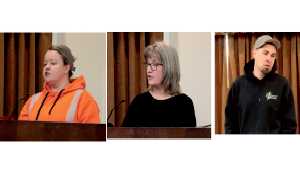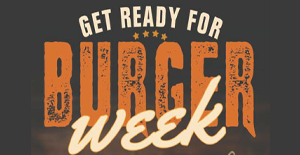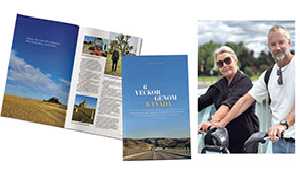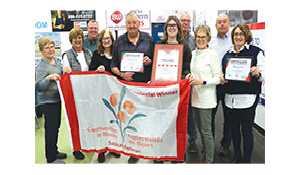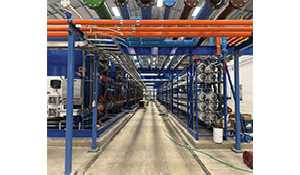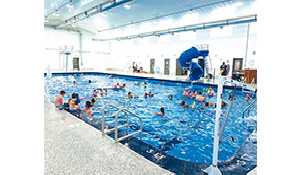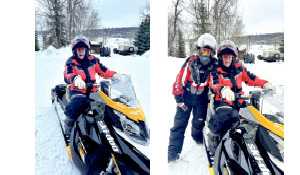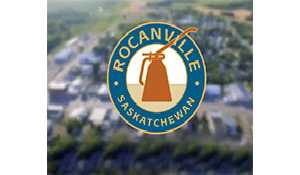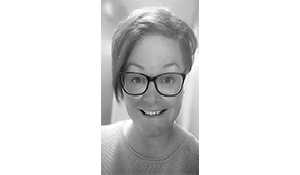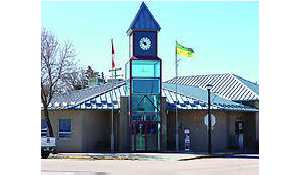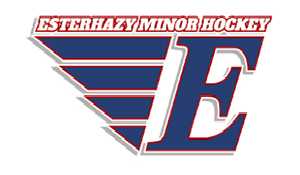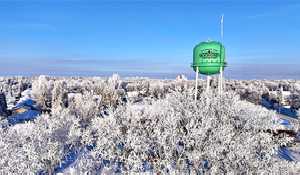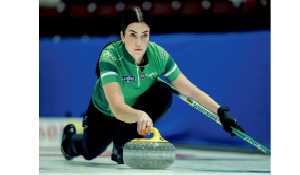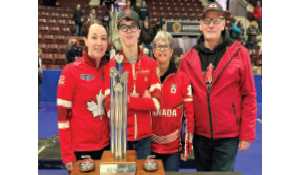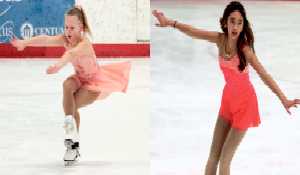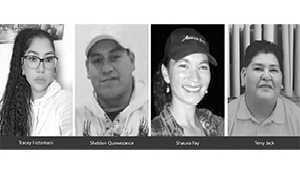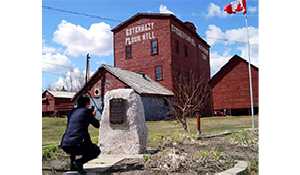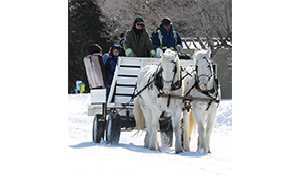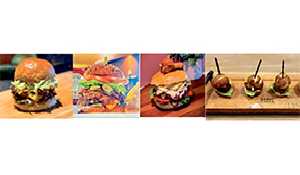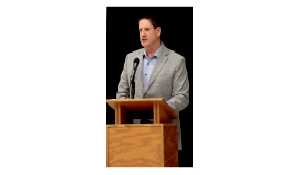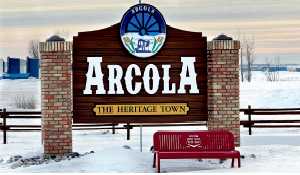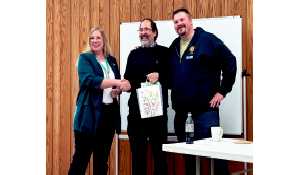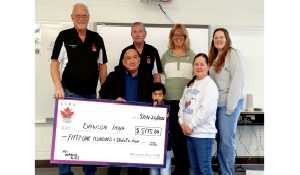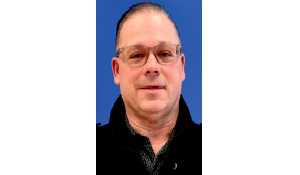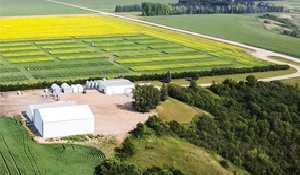Rocanville Thift Store donates $20,000 to airport, CT scanner
September 23, 2025, 8:17 am
Nicole Taylor, Local Journalism Initiative Reporter

Last week, Rocanville Thrift Store donated $10,000 to the RM of Mooosomin for the Moosomin Regional Airport and $10,000 to the Moosomin and District Healthcare Foundations for a CT Scanner in Moosomin. The donation was made with proceeds raised through sales at the thrift store, which is run by volunteers.
“A big thank you to the surrounding community for all the donations. We couldn’t do it without the help of the community,” said Linda Bock with the Rocanville Thrift Store.
The Rocanville Thrift Store has over 30 volunteers on a scheduled rotation.
“We have bag movers, people that do handyman tasks for us, people that remove snow, rag cutters, and many behind the scenes volunteers that aren’t up front working, but are still behind the scenes helping,” said Bock.
Bock says there are volunteers from all over the area that come to help. “There are people that come from Langenburg, Gerald, Moosomin, Broadview, we will get donations from Regina, and even Manitoba.”
The thrift store volunteers believe their thrift store is so successful because it has a wide variety of items. “The thrift store is the Wal-Mart of Rocanville, we have a little bit of everything,” said Bock, who says the store keeps all kinds of items out year round. “We don’t put Christmas away, we don’t put Halloween away, we don’t put rubber boots or bathing suits away.”
The volunteers believe the good selection is just part of the reason why the store has been so busy. “We recycle good, it’s not overcrowded, we keep our prices reasonable, and the store smells good.”
The thrift store volunteers have become a close knit community, but are always happy to welcome new faces.
“It has been very gratifying to receive this donation,” said Herb Doll with the RM of Moosomin. “I think maybe one of the reasons they decided to donate to us is because the airport is a regional airport, not just for Moosomin, but the whole region.”
“I’m always amazed because you know that the donation that comes from Rocanville Thrift Store is because of the volunteer work that they do,” said Jeff St. Onge with the Moosomin Regional Airport Board.
“Then they turn it over to the airport, which is also run by volunteers, it is volunteers helping volunteers. I am happy we are in their mindset and that we are worthy of their donations.”
St. Onge says the donation will be used to help with the costs of the airport expansion.
“Right now, the final things we have to do involve lighting, weather and navigational aids. Those are all pretty big price tags so this helps with that and makes the goal achievable,” said St. Onge.
Bill MacPherson with the Moosomin and District Healthcare Foundation says $307,204.85 has been raised for the CT Scanner in Moosomin so far, even though the foundation has not been actively fundraising for one.
“People are already giving us money, it is in a separate account in our foundation. If a CT scanner is announced and we start to officially fundraise, then it will blossom from there.
“People are just waiting, we need this machine. Can you image having 25 to 30 CT scans done in Moosomin per day, it would be amazing,” said MacPherson.
MacPherson estimates that a CT scanner would cost around $1.5 million, plus the health care foundation is always fundraising for other needs at the hospital.
“We are always fundraising because we have to buy so many things for the hospital and the area clinics,” he says.
